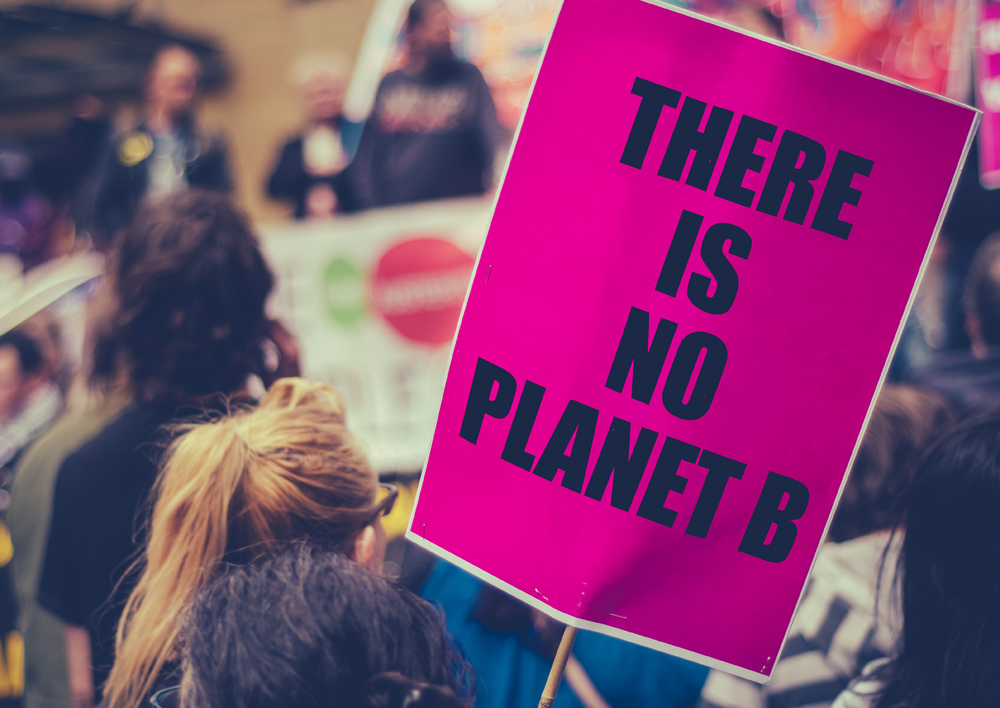According to Maroš Šefčovič, the Commission vice-president for the Energy Union, the European Commission is having “very intense discussions” with member states over the individual emissions reduction percentage that they will be assigned to reduce emissions in sectors not covered by the Emissions Trading Scheme (ETS), says Euractiv.
Šefčovič devoted substantial attention to the situation in the non-ETS sector and to the issue of ‘low-carbon mobility’, or reducing emissions from transport. The non-ETS se
According to Maroš Šefčovič, the Commission vice-president for the Energy Union, the European Commission is having “very intense discussions” with member states over the individual emissions reduction percentage that they will be assigned to reduce emissions in sectors not covered by the Emissions Trading Scheme (ETS), says Euractiv.
Šefčovič devoted substantial attention to the situation in the non-ETS sector and to the issue of ‘low-carbon mobility’, or reducing emissions from transport. The non-ETS sectors refer to areas not covered by the Scheme for greenhouse gases, which currently covers mainly power generation and energy-intensive industries such as cement, chemicals and steelmaking.
Šefčovič stressed that without breakthroughs in new technologies, research and innovation, it would be a big challenge to achieve global targets for 2030, 2050, and to have a carbon-neutral economy by the end of the century, as EU countries committed to at COP21.
He said that the Pact of Amsterdam approved on 31 May was a very good setting for moving the agenda forward, thanks to bottom-up initiatives and involving mayors, who very much want to be part of this initiative, and NGOs.
The Pact of Amsterdam, which establishes the Urban Agenda for the EU, will focus on a more effective and coherent implementation of existing EU policies in cities in the fields of environment, transport and employment.
According to Šefčovič, under COP21, EU countries need to present their roadmaps for how they plan to achieve their climate goals up to 2050, and that a first stock-taking would take place in 2020. He added that at EU level, the effort-sharing decisions would be adopted before the summer break, in one legislative package on low-carbon mobility.
Šefčovič stated that the European Commission would be working very closely with the member states, once its effort-sharing proposal was on the table.
“Currently we are on a very intense discussion at political and technical level with our member states on what should be the percentage we would offer to each member state by which they would need to reduce GHG emission in non-ETS sector, meaning transport, agriculture and the buildings,” Šefčovič said.
Šefčovič devoted substantial attention to the situation in the non-ETS sector and to the issue of ‘low-carbon mobility’, or reducing emissions from transport. The non-ETS sectors refer to areas not covered by the Scheme for greenhouse gases, which currently covers mainly power generation and energy-intensive industries such as cement, chemicals and steelmaking.
Šefčovič stressed that without breakthroughs in new technologies, research and innovation, it would be a big challenge to achieve global targets for 2030, 2050, and to have a carbon-neutral economy by the end of the century, as EU countries committed to at COP21.
He said that the Pact of Amsterdam approved on 31 May was a very good setting for moving the agenda forward, thanks to bottom-up initiatives and involving mayors, who very much want to be part of this initiative, and NGOs.
The Pact of Amsterdam, which establishes the Urban Agenda for the EU, will focus on a more effective and coherent implementation of existing EU policies in cities in the fields of environment, transport and employment.
According to Šefčovič, under COP21, EU countries need to present their roadmaps for how they plan to achieve their climate goals up to 2050, and that a first stock-taking would take place in 2020. He added that at EU level, the effort-sharing decisions would be adopted before the summer break, in one legislative package on low-carbon mobility.
Šefčovič stated that the European Commission would be working very closely with the member states, once its effort-sharing proposal was on the table.
“Currently we are on a very intense discussion at political and technical level with our member states on what should be the percentage we would offer to each member state by which they would need to reduce GHG emission in non-ETS sector, meaning transport, agriculture and the buildings,” Šefčovič said.








